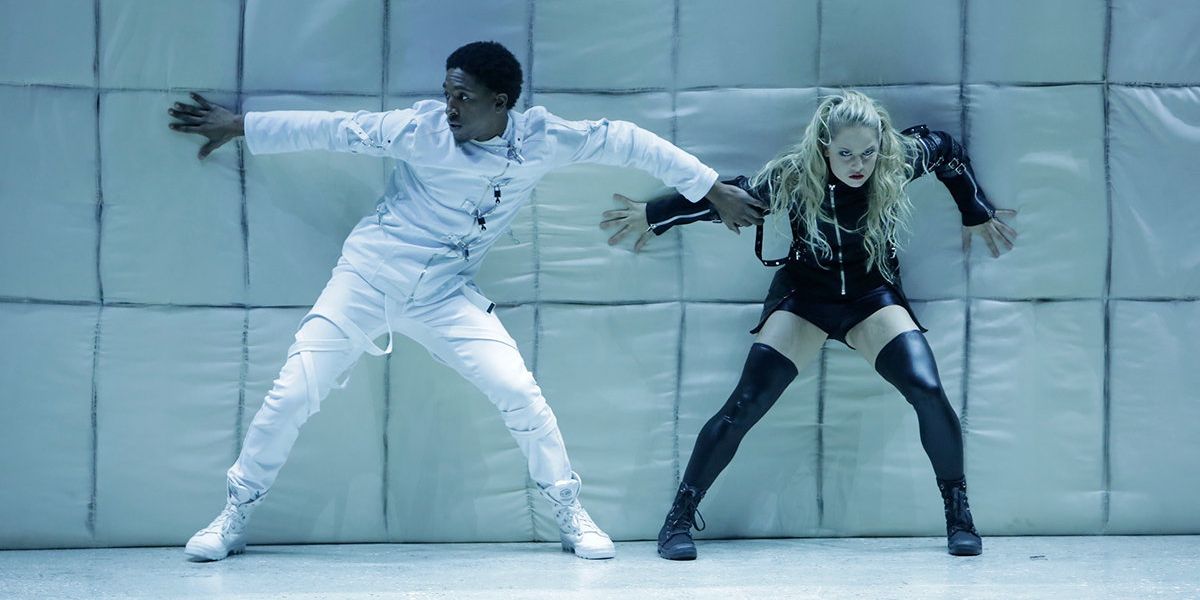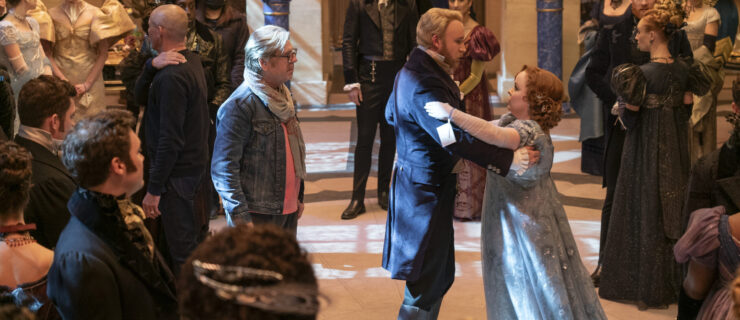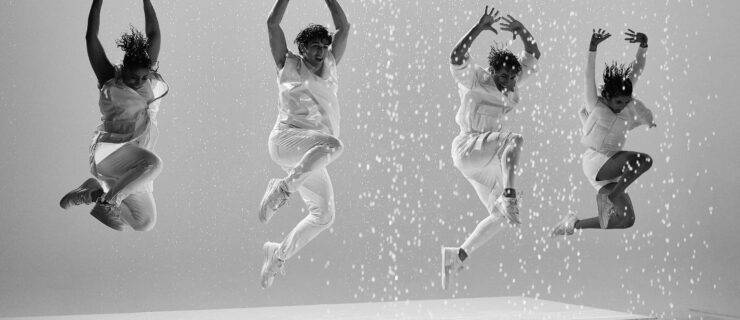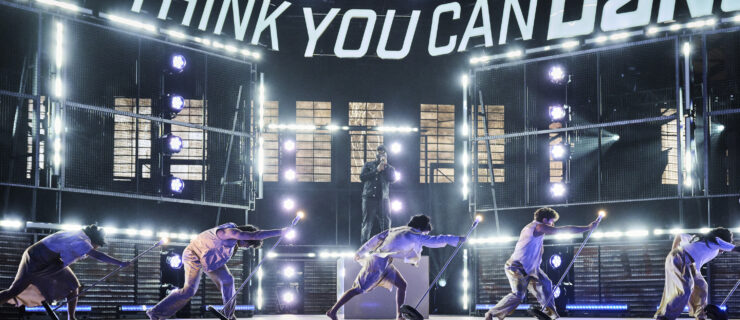Are TV Dance Competitions a Key to Career Success?
In April 2015, Alyssa Allen found herself in a nearly unprecedented position. It was Vegas Week on Season 12 of “So You Think You Can Dance,” she was a clear favorite for the show’s Top 20—and she respectfully declined the opportunity. In a conversation with judge Nigel Lythgoe, Allen said she strongly believed she should pursue her college education instead (she was set to enroll in the University of Southern California’s Glorya Kaufman School of Dance the following fall). “I wasn’t toggling between a college career and ‘SYTYCD,’ ” she says. “I knew I needed more training in order to reach my long-term goals.” Lythgoe supported her decision, letting her know that while he wanted her on the show, he was supportive of the path she felt was best for her.
From the outside, “SYTYCD” might have seemed like the obvious path for Allen, the 2014 Dance Awards Senior Female Best Dancer. The show has led to dazzling careers for other artists of a similar mold (including Melanie Moore, Amy Yakima, and Gaby Diaz). She was also naturally drawn to it, like so many other competition dancers since its 2005 premiere. “I was always fascinated by it,” Allen says. “I loved the spotlight it put on dancers. I thought the media coverage was amazing, and I was dazzled by the public perception of having reached a certain level of success through it.” Still, she went with her instincts—a decision that ultimately led to her dream job, a 2019–20 contract with Hubbard Street Dance Chicago. (She’s also maintained a steady stream of industry gigs.)
Allen’s experience presents an interesting question: Are reality competitions really the best route to dance career success? Ever since they hit TV screens in a big way in 2005, they’ve catapulted dancers and choreographers alike to mega-fame status. People like Travis Wall, Mia Michaels, Les Twins, and the Hough siblings have become household and industry names. In the eyes of many comp kids, the best shot at living your dreams begins on these stages, in front of millions of viewers around the globe. But are these shows really the passport to whatever job you want? The answer: both yes and no.

Alyssa Allen (Erica Hernandez, courtesy Allen)
The Career Benefits
There’s no doubt TV dance competitions have major benefits. For starters, the network of dancers and choreographers associated with them is almost unparalleled. “I was based out of NYC, and most of my connections were from attending college in the city, or New York City Dance Alliance,” says “SYTYCD” Season 12 competitor Alexia Meyer. “The show connected me to L.A.-based choreographers I’d never met before.” These relationships have often translated into postshow opportunities. For instance, after working with choreographer Jaci Royal on the show, Meyer was asked to join her company, Royal Flux.
But it’s not just the choreographers who’ve opened doors—it’s her fellow contestants, as well. “If we hear of something going on, we reach out and say, ‘Hey, are you available for this?’ ” Meyer says. “We’re like a family—and that camaraderie transfers from season to season.”
For “WOD” Season 3 and “SYTYCD” Season 12 contestant Derek Piquette, one of the major career benefits televised competitions has given him is the opportunity to teach. “I’ve built a large teaching network for myself throughout the U.S. and Canada,” he says. “Dancers have seen me on TV and requested that I come and teach at their studio, and it’s grown from there.”
And of course, there’s the boost in social media followers, which plays a role in 2020’s booking culture. “I got a job a couple weeks ago that said they were only looking for dancers with a high following,” says Meyer.

Derek Piquette (Stephen Roberts, courtesy Piquette)
The Flip Side
Connections and followings aside, Meyer and Piquette say job opportunities stemming specifically from their stints on TV are few and far between. For Meyer, every so often choreographers will be looking for someone with the title of a television show, but for the most part, it’s just another job on her resumé. “Depending on the choreographer, they may not even watch the show or know that I was on it,” Meyer says.
While Meyer and Piquette have had primarily positive postshow experiences, they both agree that to some people, televised competition experience can be viewed negatively. “Some choreographers can be weird about it,” Piquette says. “I’ve gotten strange looks in auditions before because of it.” Meyer shares similar feelings. “I think we get labeled as trick or competition dancers,” she says. Piquette also emphasizes that while the experience prepares you for short-process commercial work, it doesn’t prepare you for longform works. “We only dance for about a minute and a half—that definitely didn’t prepare me for my two-hour Cirque Du Soleil shows down the road.”

Alexia Meyer (@don_nor_man, courtesy Meyer)
The Bottom Line
It’s clear these shows can speed up the networking portion of a dancer’s career, but it’s certainly not the only way to do it. For dancers like Allen, college connections and good old-fashioned industry auditions can have the same effect. The bottom line? Before you panic about not booking a television show, take advice from these three pros from both sides of the coin. “If this has been a long-term goal of yours, I say go for it,” Meyer says. Piquette agrees: “It’s awesome—but know that it won’t make or break your career. There are so many dancers that are 10 times more successful than any of us. I’m proud of my time on ‘SYTYCD’ and ‘WOD’ because they were personal dreams that came true, but they certainly don’t define me.”




